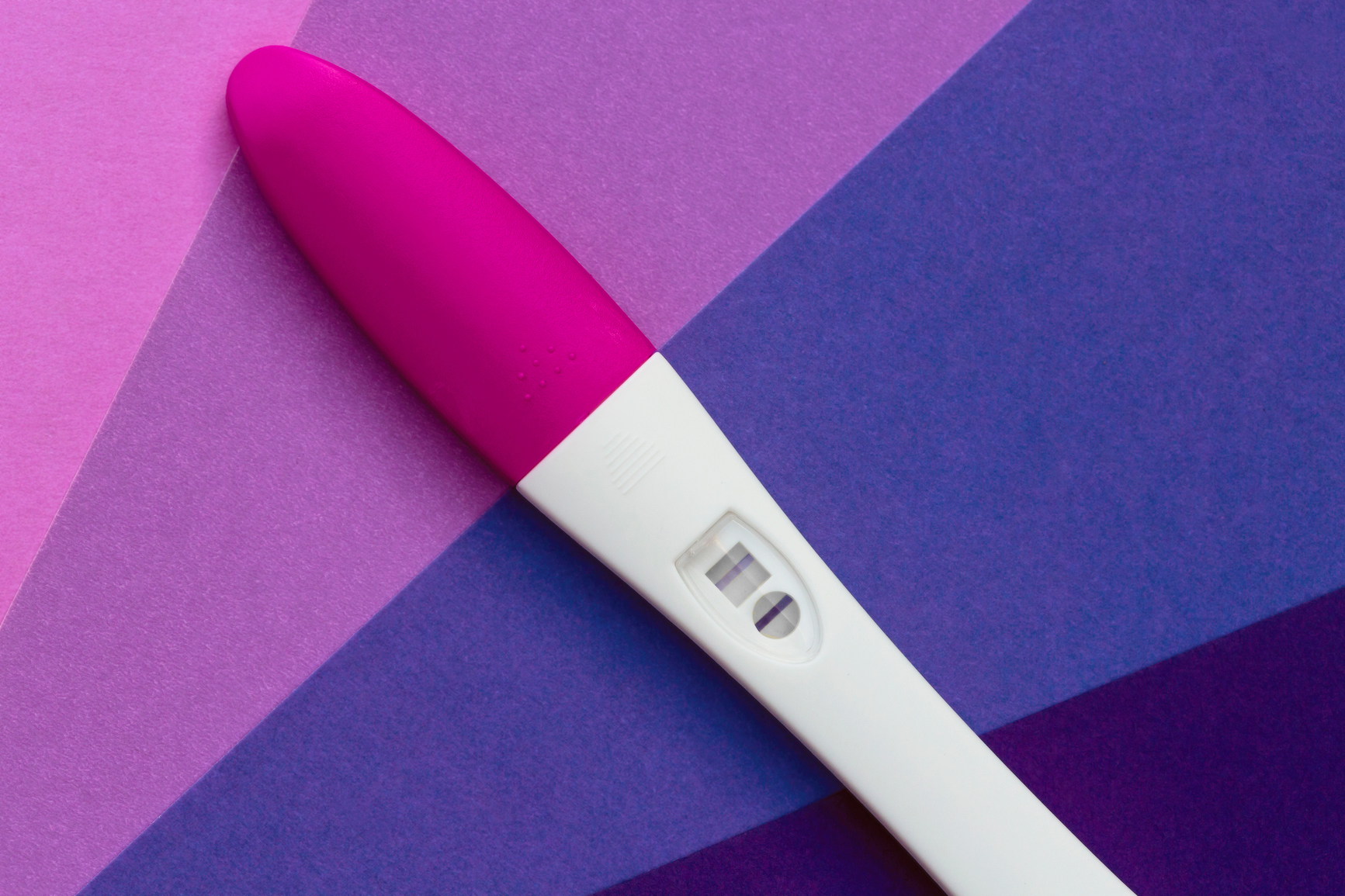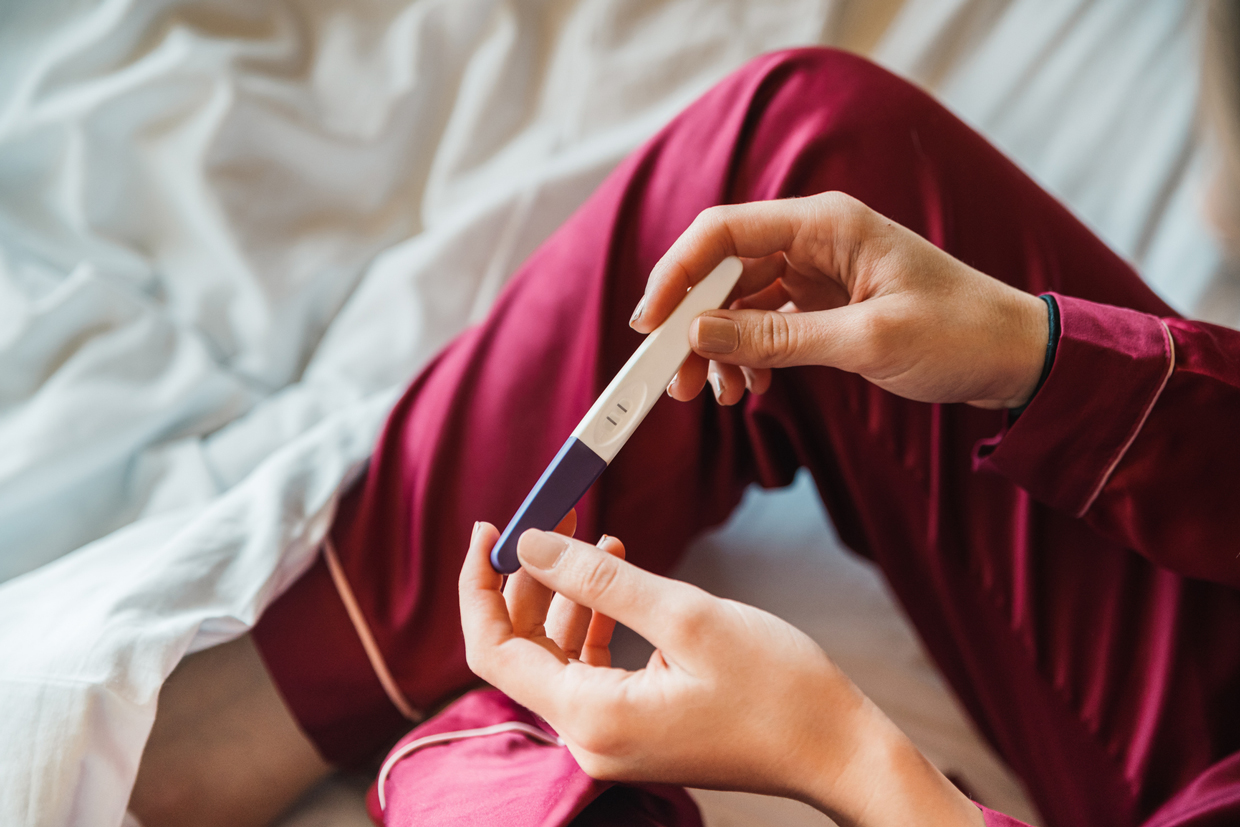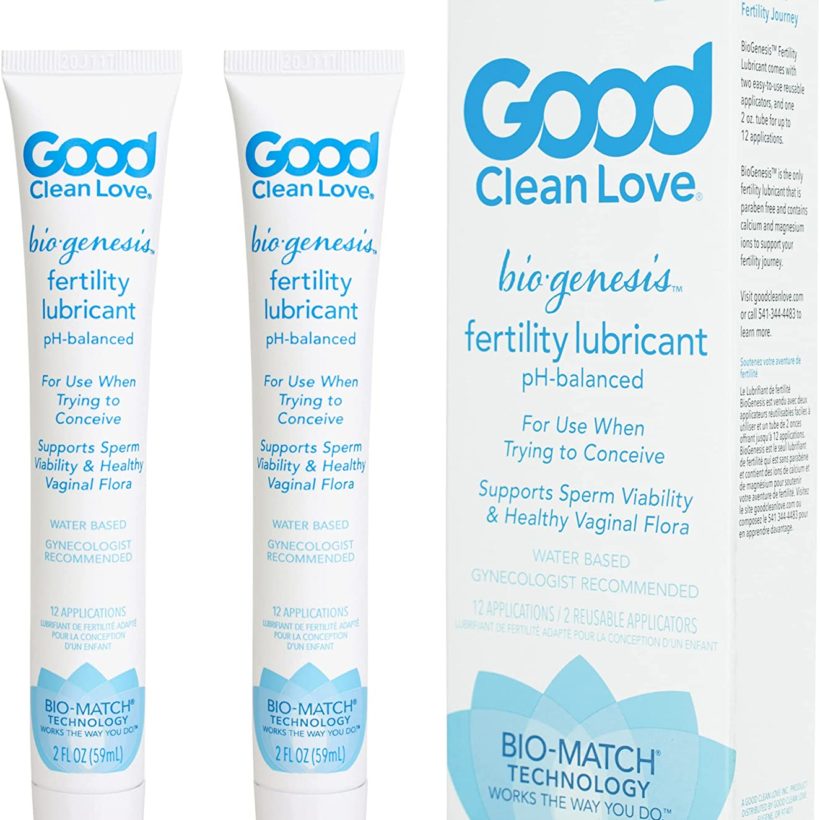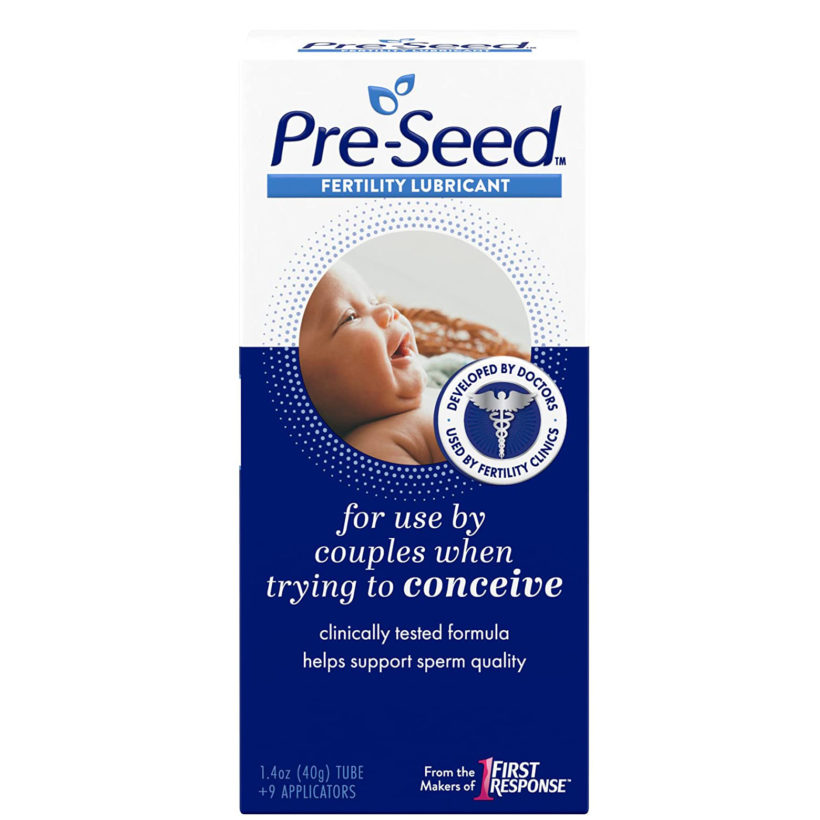Data suggests that between 48 million couples and 186 million individuals have infertility globally, states the World Health Organization. Of course, there are many factors that can affect fertility, but when it comes to initially attempting to get pregnant, there is a universal checklist to follow along with regular romps. So, yes, you may be doing all the right things — from basal body temperature checks to tracking your cycle, using ovulation sticks, and more. But what if the type of lubricant you use was working to reverse your pro-PG checklist? We spoke to top experts in the field to reveal what to look for on the label of your lubricant and why it matters. Read on before you, well, get it on.

Why are lubricants often used by couples who are trying to conceive?
Because getting pregnant is all about timing, sometimes sex is not spontaneous. This means you may be having sex often and on a set schedule, which can cause the need to reach for a sexual lubricant. “Indeed lubricants can play a significant role in fertility,” notes Mary Jane Minkin, MD, OBGYN, Clinical Professor of Obstetrics, Gynecology and Reproductive Sciences at Yale University School of Medicine in New Haven, Connecticut. “As part of their fertility therapies, many couples will try to time intercourse to ovulation or are using fertility medications to enhance ovulation, therefore ovulation is upon you, it sort of forces you to have sex at a specific time which can certainly put stress on the woman, who may not lubricate naturally at this necessary time.”
How can the lubricant used play a role in helping support sperm quality and mobility?
“Lubricants should mimic the natural lubricants found in the vagina,” says Banafsheh Kashani, MD, FACOG, OB/GYN, and reproductive endocrinology and infertility specialist in Laguna Hills, California. “This means they should be similar in pH to ensure sperm remains viable and that the motility is not negatively affected.” But not all lubricants are created equal. “The problem is that most lubricants are not sperm-friendly,” says Minkin. “The formula needs to be balanced to a good pH acid-base balance and to a special concentration of ingredients.” Knowing all this, experts are putting more emphasis on what’s used during intercourse when conception is the goal. “Reproductive endocrinologists have started to focus on the study of lubricants, and see how ‘happy’ sperm are in the lubricants — are they moving, and are they moving well and are good forward swimming motion,” Minkin adds.

How can you know if a lubricant’s formula is not beneficial for fertility?
It may seem counterintuitive as we are often tempted to think that anything that is water-based is likely more natural, in this case when it comes to fostering fertility, you should avoid water-based lubricants. “Water-based lubricants can alter sperm motility because they appear to immobilize them after just five minutes,” explains Kashani. In addition, “make sure the lubricant that you choose is free of parabens, petroleum, or silicone which are known to be harmful to sperm,” she adds.
Look for sperm-friendly formulas such as Good Clean Love Fertility Lubricant and Pre-Seed Fertility Friendly Lubricant. “Pre-Seed is a type of lubricant that has been tested and supports sperm motility,” Kashani explains. “It has a neutral pH which is similar to that of the female vagina and cervical fluids and has no parabens.”
What other factors can play a role in sperm mobility and quality?
Sure, you can time it right and use a pro-sperm lube but what if the sperm itself is subpar? Experts say that’s when it’s time to take a look at important lifestyle factors that may be playing a role. “For example, excessive alcohol or caffeine intake negatively affects sperm motility,” says Kashani. “Additionally, marijuana use can alter sperm parameters and morphology and a diet full of processed foods and animal products may also negatively impact sperm quality.” If you’re concerned about your or your SO’s sperm quality, she recommends along with nixing any negative lifestyle choices, also switching to a whole foods diet that is rich in antioxidants (such as blueberries, pomegranate, or acai).
How can couples know if they should seek a pro’s assistance?
“Men who have been trying for six to 12 months should have a semen analysis,” suggests Kashani. A semen analysis will diagnose if there is an issue related to sperm motility or quality, or an alteration of the pH of the semen.” Also, being aware of how much semen you produce is also important. “Men who have a low volume ejaculate may have an obstructive process or a problem with the seminal vesicle or prostate gland,” she says. “These organs are critical in making up the fluid within semen which supports sperm health.” The good news: data suggests that men can often improve their semen through mindful lifestyle modifications (and using the right lube!). However, Kashani points out that “if a more significant male factor component to infertility is noted, then they may benefit from treatment such as an intrauterine insemination (IUI) or in-vitro fertilization (IVF).”
We only recommend products we have independently researched, tested, and loved. If you purchase a product found through our links, Sunday Edit may earn an affiliate commission.









